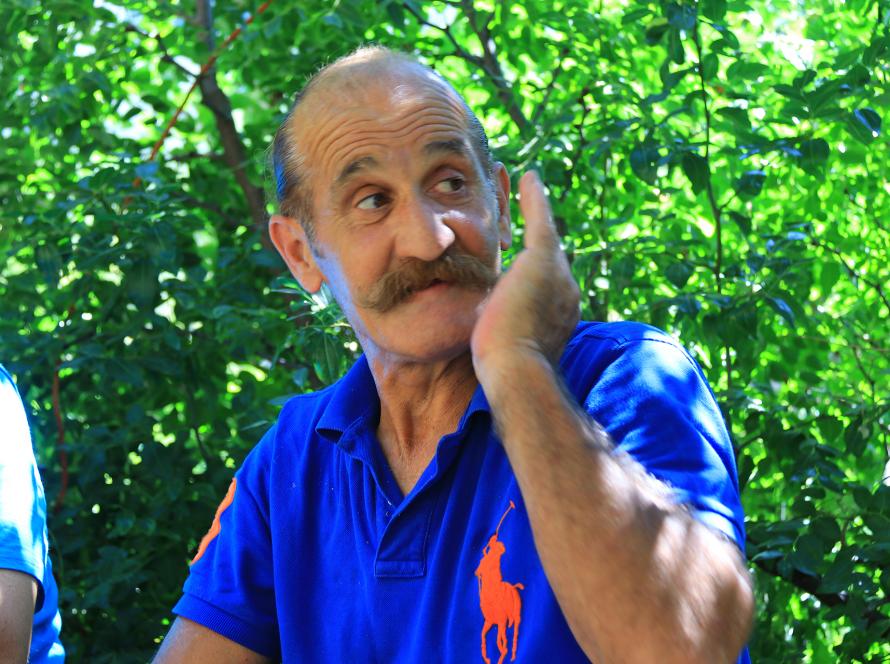In the wake of Lebanon’s civil war, many of the country’s vineyards were left in a state of disrepair, their once-thriving fields reduced to shadows of their former selves. Amidst this challenging landscape, Château Bybline winery emerged as a beacon of hope and resilience, embodying a remarkable journey of restoration and innovation. From its humble beginnings to its current status as a producer of exceptional wines, Château Bybline’s story is a testament to dedication, expertise, and a deep-rooted passion for viticulture.
The Early Days: Reviving a Heritage
Post-War Challenges
After the civil war, Lebanon’s vineyards, particularly those in Mount Lebanon, faced catastrophic conditions. The once-vibrant wine regions were left in ruin, and the future of Lebanese wine was uncertain. Amidst this devastation, Château Bybline began its journey in the early 1990s, starting with the restoration of vineyards at high altitudes.
The Merwah Revival
The vineyard at Château Bybline was predominantly planted with “Merwah,” a native Lebanese grape variety known for its distinctive characteristics. This variety, integral to Lebanon’s winemaking heritage, was central to the winery’s restoration efforts. By the mid-1990s, the first vinification of white wine was completed, yielding an unexpectedly exceptional result. The wine was noted for its remarkable aromatic bouquet and surprising balance, signaling the successful revival of the Merwah grape and the beginning of a new chapter for Lebanese winemaking.
The Development and Growth of Château Bybline
The Founder’s Vision
The initial success with white wine encouraged the winery’s founder, a seasoned wine expert, to continue the project with renewed vigor. Despite initial challenges with red wine production, progress was made by 1998 when grapes from the Bekaa Valley were incorporated. This pivotal change led to improvements in the quality of red wines, laying the groundwork for Château Bybline’s future success.
Expansion and Excellence
Over the years, the quality and quantity of Château Bybline’s wine production grew steadily. New plots of Merwah were planted, expanding the vineyard and enhancing the winery’s capacity. By the early 2000s, Château Bybline had reached a production level of approximately 10,000 bottles per year, reflecting the successful restoration of the vineyards and the winery’s commitment to quality.
A New Generation: Joseph Abi Ghanem’s Legacy
A Modern Approach
In 2004, the next generation of Château Bybline’s leadership began with Joseph Abi Ghanem. His journey into the world of viticulture began with studies in agronomy, followed by extensive training in various Lebanese wineries. Recognizing the need for international experience, Joseph headed to Bordeaux in 2009 to pursue a diploma in oenology.
Global Expertise and Local Passion
Joseph’s education and internships in France and Chile provided him with a broad perspective on winemaking techniques and global standards. Upon returning to Lebanon, he brought with him a wealth of knowledge and expertise, applying modern practices to Château Bybline’s production. His efforts not only enhanced the quality of the winery’s wines but also established him as a consultant for other Lebanese wineries, further contributing to the renaissance of Lebanese winemaking.
Château Bybline Today
A Testament to Resilience and Innovation
Today, Château Bybline stands as a symbol of Lebanon’s resilience and the revival of its winemaking heritage. The winery’s dedication to preserving the native Merwah grape, coupled with the infusion of modern techniques and global expertise, has resulted in a portfolio of exceptional wines that celebrate Lebanon’s rich viticultural history.
Tasting the Legacy
Visitors to Château Bybline can experience the fruits of this remarkable journey through tastings of their diverse range of wines. The blend of traditional Lebanese varieties with innovative winemaking practices offers a unique and enjoyable tasting experience, reflecting the winery’s commitment to excellence and its rich history.
Conclusion
Château Bybline’s story is one of renewal, passion, and excellence. From the post-war restoration of Mount Lebanon’s vineyards to the global expertise brought by Joseph Abi Ghanem, the winery embodies a remarkable journey of revival and success. As you sip a glass of Château Bybline wine, you’re not just enjoying a fine beverage; you’re tasting a piece of Lebanon’s history and the dedication of those who brought it back to life.



